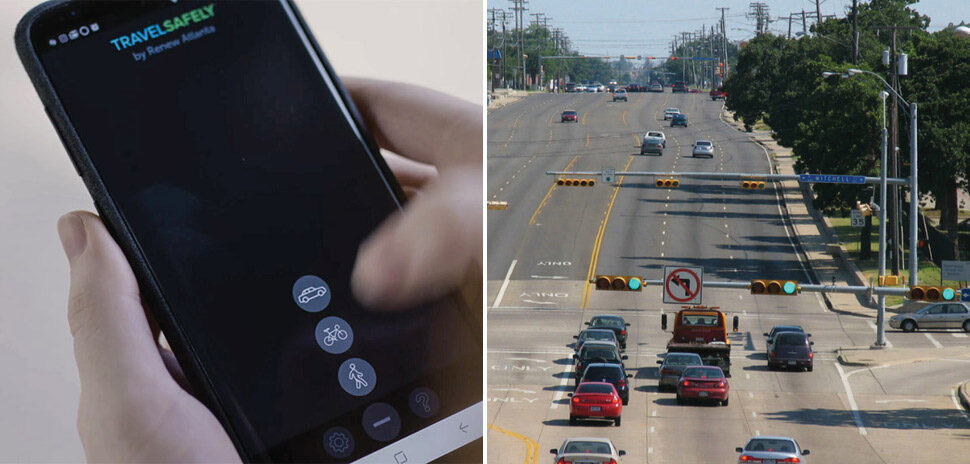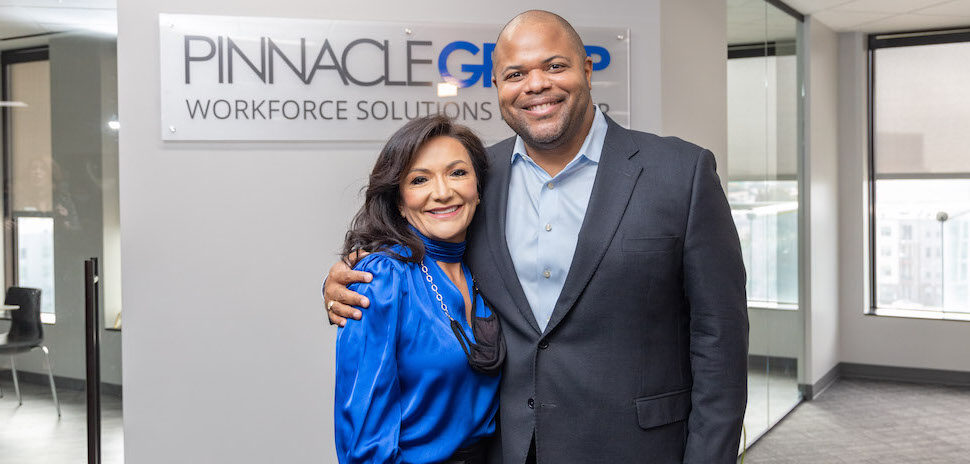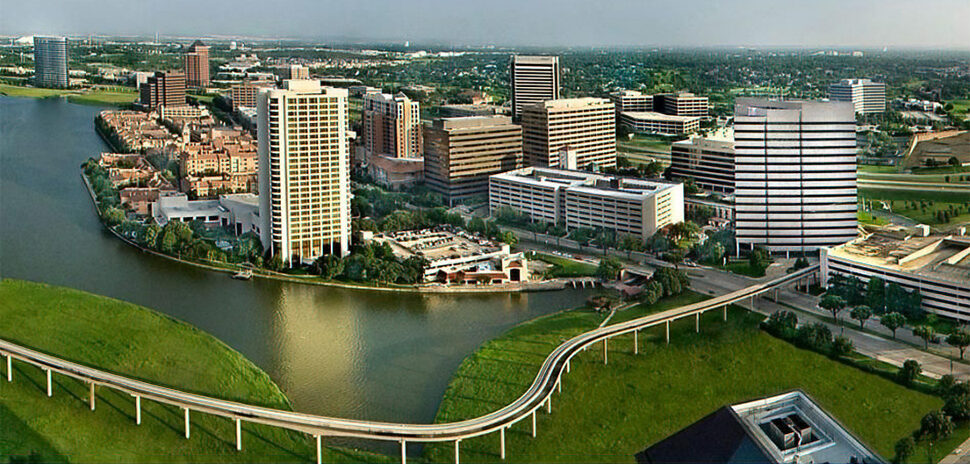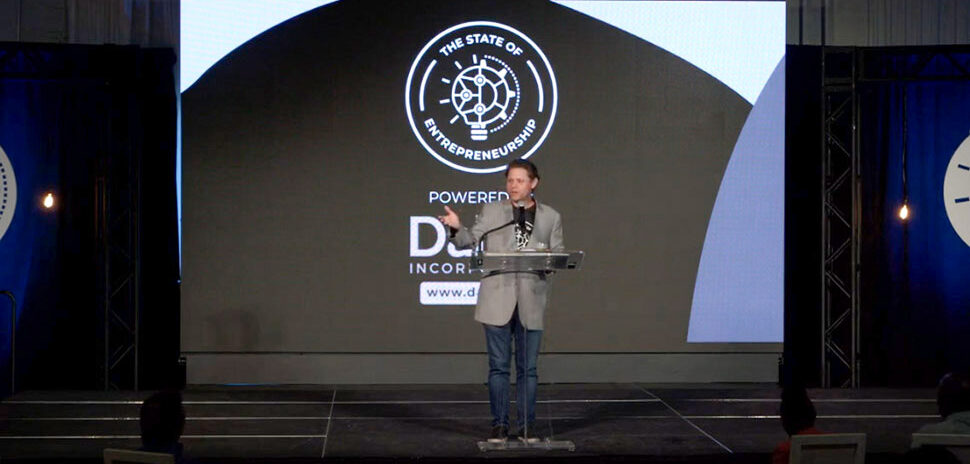Sensors that detect customers, buildings that self-regulate and cars that drive themselves are here.
Flying car-sharing, the common use of electric vehicles and nearly speed-of-sound travel aren’t far behind.
With any new gadgets come downsides.
Who’s to blame if an autonomous car plows over you? Charging electric cars can strain power grids. What about privacy when sensors and cameras are everywhere? And what’s to stop hackers from crashing—literally crashing — everything?
Wednesday at the North Texas Smart Cities Summit at the University of Texas at Dallas, more than 230 IT specialists, engineers, public officials, and civil servants pondered the possibilities and perils that face cities and individuals as smart city technology creeps ever closer to becoming commonplace.
“We have roads that are 60 years old, and developments rising to the sky,” said Richardson Mayor Paul Voelker, during a panel discussion by city mayors. “We evaluate, how it’s going to help our citizens? How will it help our employees work smarter or faster? Will their decisions be based on data? How do I engage partners … so we can leverage services most cost-effectively?”
Voelker said Richardson’s mix of old and new make it a microcosm of what’s facing many communities.
The conflict between introducing gee-whiz technology to make people’s lives better and the realities meeting basic needs — keeping water flowing, keeping the lights, avoiding hackers, etc.—on repeatedly resurfaced in such discussions.
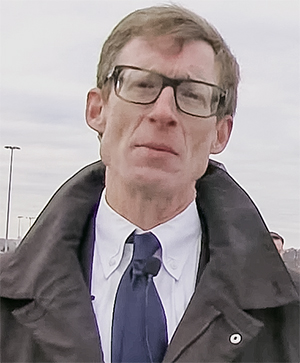
Thomas Bamonte, NTCOG
North Central Texas Council of Governments smart transportation authority Tom Bamonte showed slides that projected traffic congestion spreading across the region like a rash in coming decades, unless cities start to adopt new approaches to urban development and transportation. One solution he presented makes cities more walkable—by narrowing streets, incorporating retail with residential developments, widening sidewalks, etc.
Frisco Mayor Jeff Cheney, who was on the panel with Voelker, discussed his city’s approach to managing its increasing population. Frisco shares two distinctions—for its growth, and for being named the best city in the nation by Money magazine.
“Frisco is fastest growing city in the nation, so we want to build our city so it’s future-proof,” he said. One approach he mentioned is that buildings are being built for dual-use purposes. One structure that will serve as a parking garage can be used as an office building in the future he said.
“We’re going to have flying taxis in the next three years that will get you from Frisco to DFW (International) Airport in seven minutes,” he said.
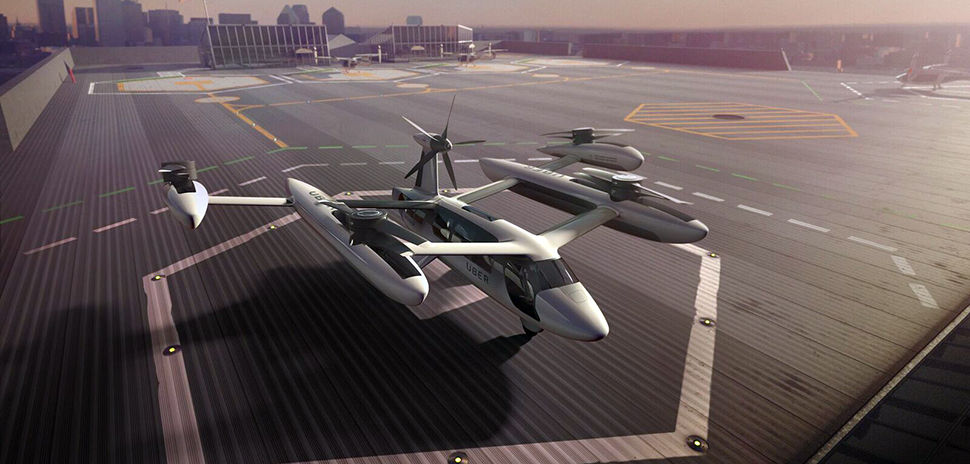
Uber Elevate unveiled in May what it wants its flying taxis to look like that could be buzzing around Dallas-Fort Worth skies in a few years as part of the UberAIR service. [Courtesy Uber]
Built-out cities like Carrollton, meanwhile, are looking at ways to put existing data to work, to stretch their manpower further.
“It’s not about how an investment gives us data, but it’s how it gives you information,” said Carrollton Mayor Kevin Falconer.
Wednesday’s summit also included representatives from cities that are further along in such endeavors.
Michael Sherwood, director of information technology for the City of Las Vegas, said for the past eight months, his city has been using cameras to determine if parks are clean and graffiti-free or not, to assist managers in deciding whether to deploy crews.
Sherwood said there was no major planning that went into the city’s jump into smart-city pursuits. He said the staff conducted a one-day hackathon, focusing on how to address council-members’ top priorities, and then took it from there.
Last Wednesday’s event, in its second year, was presented by Tech Titans and Future Cities LLC.



